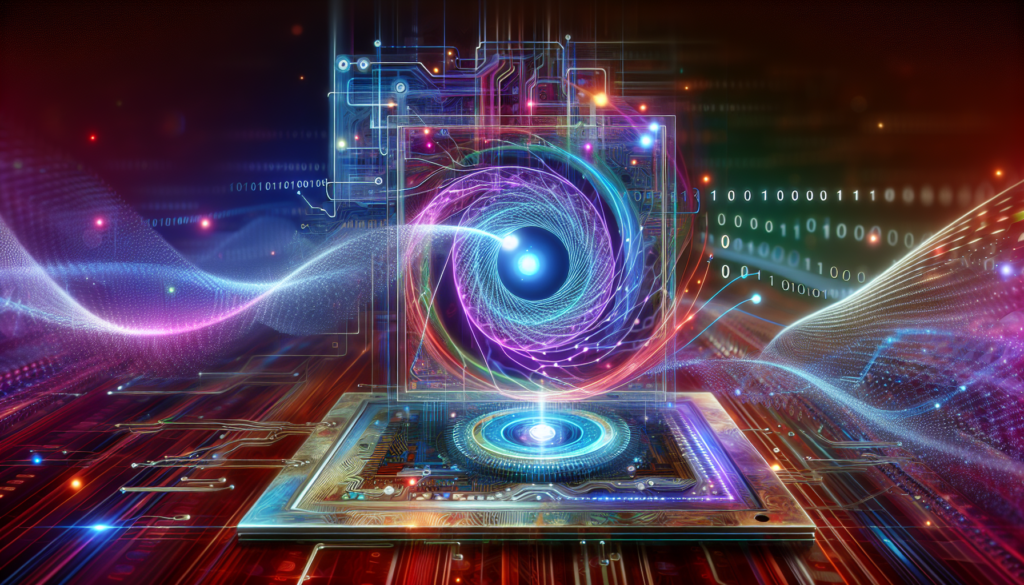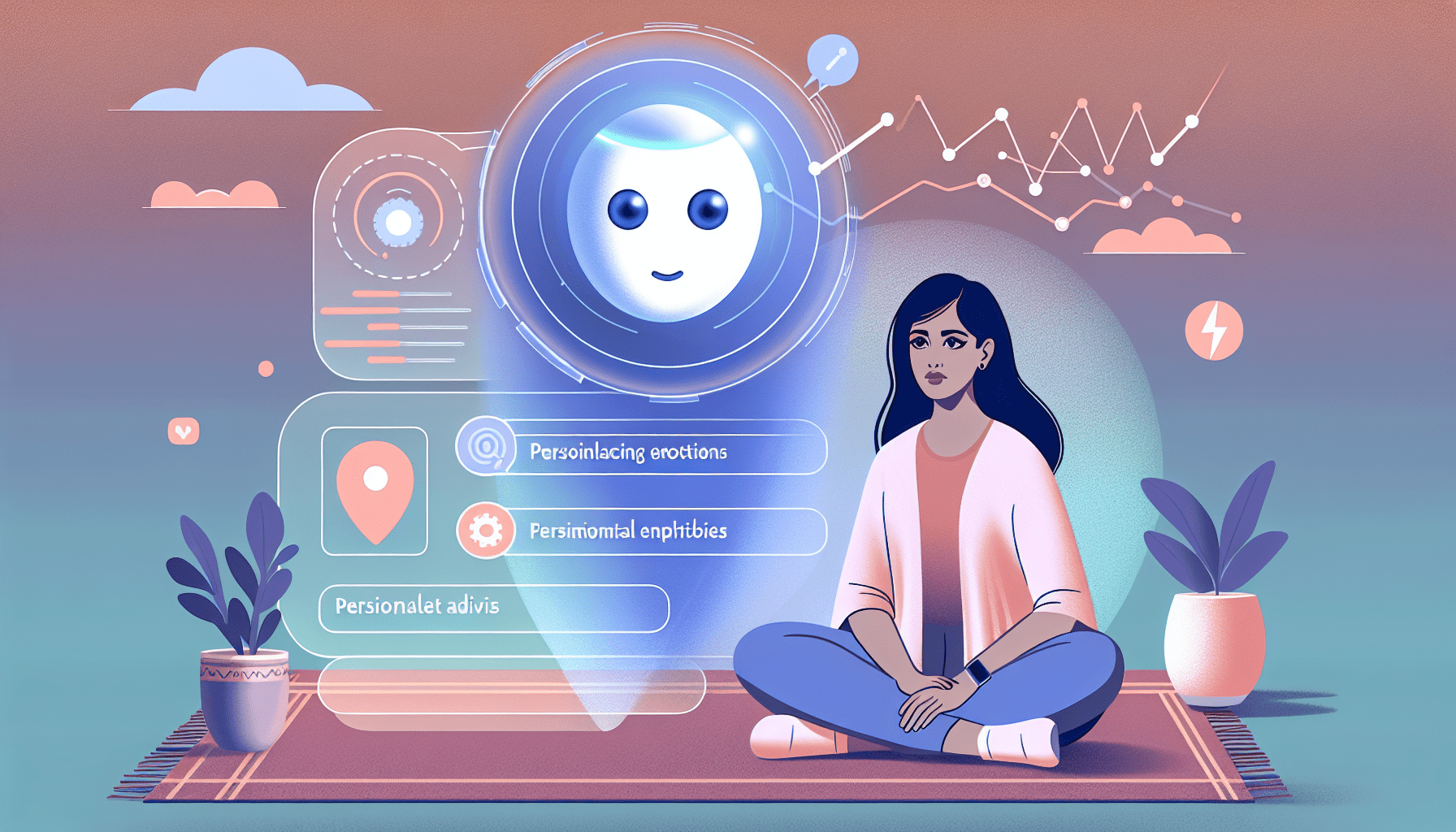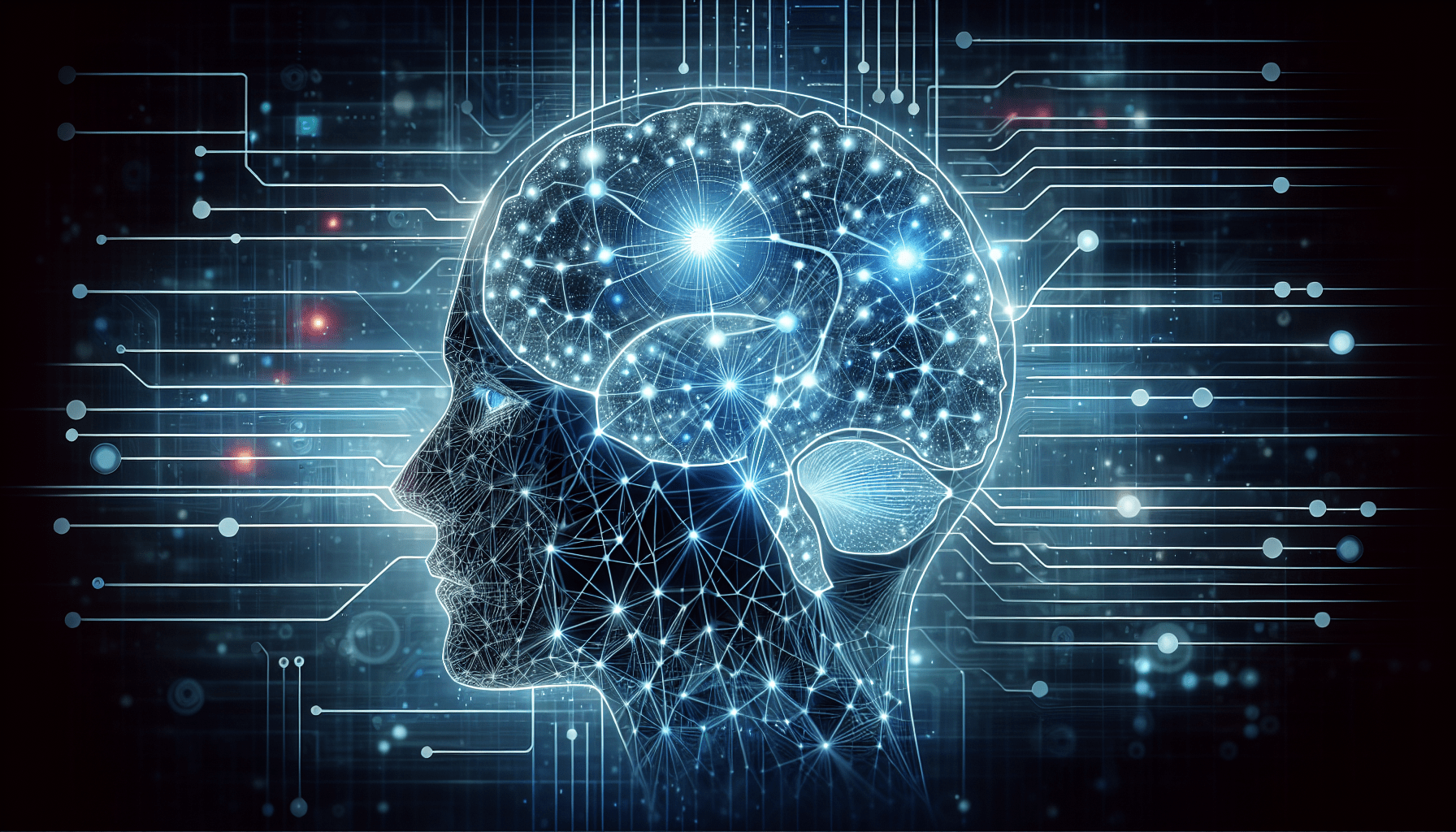Want to know if there are any exciting advancements in quantum computing that could potentially revolutionize the world of virtual assistant technology? This article explores just that, diving into the latest developments in the quantum computing field and examining their potential impact on virtual assistants. From exploring the concept of quantum supremacy to the potential for quantum machine learning, this article provides an in-depth look at how quantum computing could shape the future of virtual assistant technology. So, if you’re curious about the fascinating crossover between these two cutting-edge technologies, keep reading to discover the possibilities that lie ahead.
Notable Developments in Quantum Computing

Quantum Supremacy Achievement
In recent years, the field of quantum computing has witnessed remarkable advancements that have the potential to revolutionize various industries, including virtual assistant technology. One of the most significant milestones in quantum computing is the achievement of quantum supremacy. Quantum supremacy refers to the point at which quantum computers can perform calculations that are infeasible for classical computers to solve within a reasonable timeframe.
The concept of quantum supremacy was first introduced by John Preskill in 2012, and it became a widely pursued goal in the field of quantum computing. In October 2019, Google’s research team announced that they had achieved quantum supremacy by demonstrating that their quantum computer, named Sycamore, performed a specific calculation in just 200 seconds. To put this into perspective, it was estimated that this calculation would take the most powerful supercomputer thousands of years to solve. This breakthrough has opened up new possibilities for quantum computing and its potential impact on various technological fields, including virtual assistant technology.
Advances in Quantum Teleportation
Another notable development in quantum computing with potential implications for virtual assistant technology is the progress made in the field of quantum teleportation. Quantum teleportation is a phenomenon in which the exact state of a quantum system is transferred from one location to another, without the physical movement of any particles. While it may sound like science fiction, scientists have successfully demonstrated the teleportation of quantum states between particles separated by considerable distances.
The implications of quantum teleportation on virtual assistant technology are vast. It could enable faster and more secure communication between virtual assistants and users by leveraging the principles of quantum entanglement. Quantum entanglement allows two quantum particles to be linked in such a way that the state of one particle can instantaneously affect the state of the other, regardless of the distance between them. This could lead to instant and reliable transmission of information, enhancing the overall performance and efficiency of virtual assistant systems.
Quantum Error Correction Techniques
Quantum computing is still in its early stages, and one of the biggest challenges it faces is the vulnerability of quantum systems to errors. Quantum bits, or qubits, which are the basic units of information in quantum computing, are highly susceptible to environmental disturbances known as quantum noise. This susceptibility to errors poses a significant obstacle in the development of reliable and practical quantum computers.
However, significant progress has been made in the development of quantum error correction techniques. Quantum error correction is a set of methods aimed at preserving the integrity of quantum information against errors. By implementing error correction codes, qubits can be protected and the impact of errors can be minimized. As the field of quantum error correction continues to advance, it holds the potential to improve the reliability and stability of quantum computers, making them more suitable for real-world applications like virtual assistant technology.
Increased Scalability of Quantum Systems
Scalability is a critical factor that determines the practical feasibility of any technology, and quantum computing is no exception. In order for quantum computing to have a significant impact on virtual assistant technology, quantum systems need to be scalable to handle increasingly complex computational tasks.
Over the years, there have been notable developments in increasing the scalability of quantum systems. The number of qubits in quantum computers has been steadily increasing, reaching the range where quantum supremacy can be demonstrated. Additionally, researchers and engineers are exploring different approaches to scaling up quantum systems, such as the use of trapped ions or topological qubits.
As the scalability of quantum systems improves, virtual assistant technology can benefit from the increased processing power and capability of quantum computers. Virtual assistants can execute more complex algorithms, process larger amounts of data, and provide more accurate and personalized responses, enhancing the overall user experience.
Impacts on Virtual Assistant Technology
The advancements in quantum computing discussed above have the potential to bring about significant impacts on virtual assistant technology. Let’s dive into some of the specific areas where these developments can make a difference:

Enhanced Natural Language Processing
Quantum computing can greatly enhance natural language processing (NLP), a crucial aspect of virtual assistant technology. NLP involves the ability of virtual assistants to understand, interpret, and respond to human language. With the increased computational power of quantum computers, virtual assistants can process and analyze large volumes of text data more efficiently. This can lead to improved accuracy in speech recognition, machine translation, sentiment analysis, and other NLP tasks, making virtual assistants more conversational and effective in understanding and responding to user queries.
Improved Machine Learning Algorithms
Machine learning algorithms play a pivotal role in powering virtual assistant technology. These algorithms enable virtual assistants to learn from user interactions and adapt their responses accordingly. Quantum computing can revolutionize machine learning by providing exponential computational power. Quantum machine learning algorithms have the potential to process complex patterns and data at an unprecedented speed, enabling virtual assistants to make more accurate predictions, offer personalized recommendations, and continually improve their performance based on user feedback.

Faster Data Processing and Analysis
In today’s digital age, vast amounts of data are generated every second, and virtual assistants need to process and analyze this data in real-time to provide timely and relevant responses. Quantum computing presents an opportunity to significantly speed up data processing and analysis. Quantum computers can perform parallel computations on a massive scale, allowing virtual assistants to quickly analyze extensive datasets and extract valuable insights. This enhanced speed of data processing can lead to faster response times, enabling virtual assistants to provide instant and relevant information to users.
Enhanced Security and Privacy Measures
Security and privacy are critical considerations in virtual assistant technology, as these systems often handle sensitive user information. Quantum computing can potentially enhance the security and privacy measures of virtual assistants. Quantum encryption algorithms, based on the principles of quantum mechanics, offer enhanced protection against eavesdropping and hacking attempts. These algorithms leverage the properties of quantum entanglement to securely transmit data, ensuring that user interactions with virtual assistants remain confidential and secure.
In conclusion, the notable developments in quantum computing have the potential to revolutionize virtual assistant technology. Achievements like quantum supremacy, advancements in quantum teleportation, quantum error correction techniques, and increased scalability of quantum systems lay the foundation for significant improvements in virtual assistants. Enhanced natural language processing, improved machine learning algorithms, faster data processing and analysis, and enhanced security and privacy measures are just a few areas where quantum computing can make a substantial impact. As quantum computing continues to progress, the possibilities for enhancing virtual assistant technology are boundless, opening up a new realm of possibilities for intelligent and intuitive virtual assistants.





